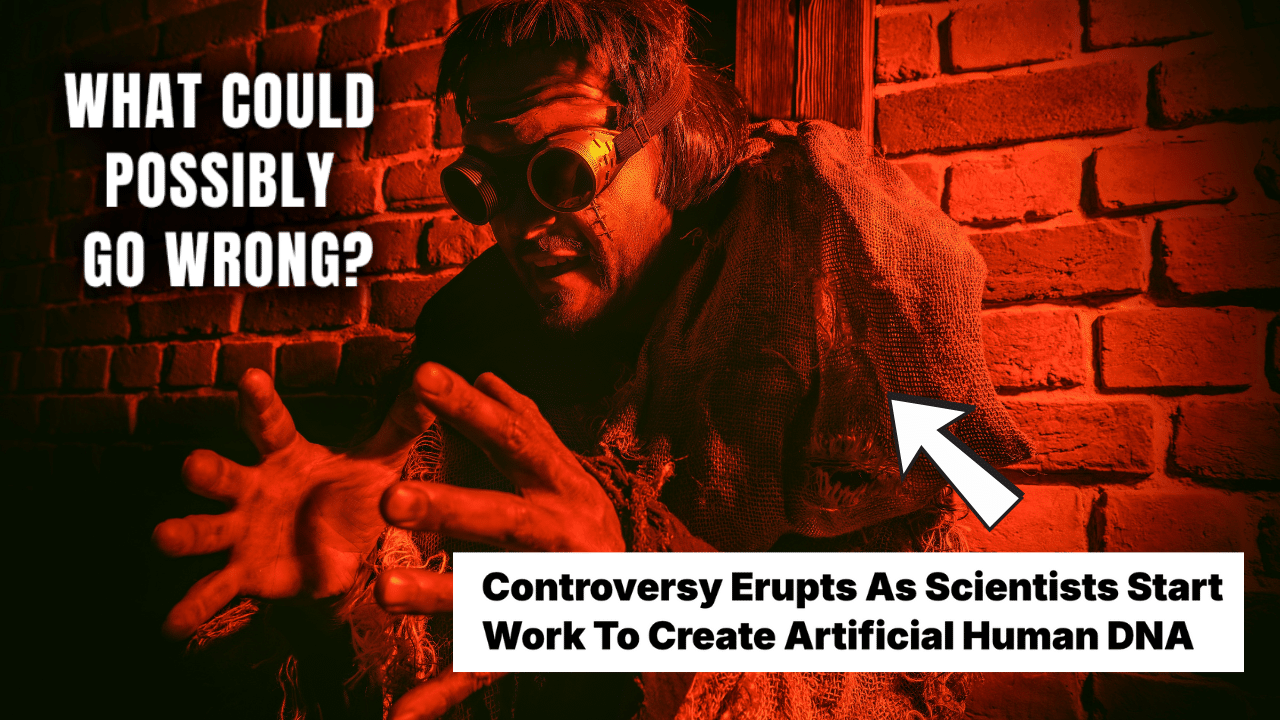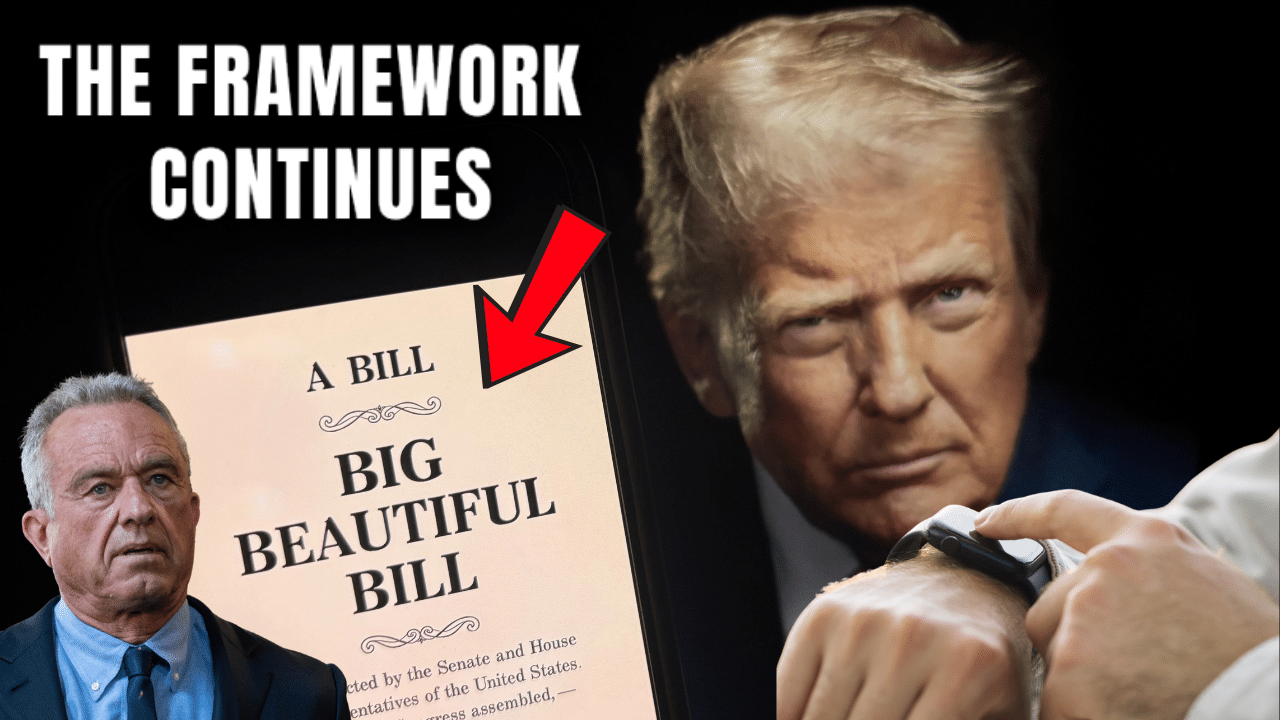(OPINION) A recent survey reveals a growing belief in the afterlife among Americans, including those who identify as religiously unaffiliated, or “nones.”
The study, conducted by the Pew Research Center, shows that 80% of U.S. adults now believe in some form of life after death, up from 72% a decade ago.
-
Religious Groups: Nearly 90% of Christians, 85% of Muslims, and 82% of Jews surveyed expressed belief in an afterlife, with most envisioning heaven, hell, or a spiritual existence.
Advertisement
-
Religious Nones: Among the unaffiliated, 55% now believe in an afterlife, a significant rise from 36% in 2014. Many describe it as a non-traditional spiritual continuation rather than a religious concept.
-
Demographic Trends: Younger adults (ages 18-29) and minority groups, particularly Black and Hispanic Americans, show the largest increases in afterlife belief.
Researchers suggest several factors driving this trend:
-
Cultural Shifts: Increased exposure to diverse spiritual ideas through media and globalization may be broadening perspectives.
-
Pandemic Influence: The COVID-19 pandemic prompted reflection on mortality, potentially boosting interest in afterlife concepts.
-
Decline in Institutional Religion: As fewer Americans adhere to organized religion, some are adopting personalized spiritual beliefs, including ideas about the afterlife.
The rise in afterlife belief could influence societal attitudes toward death, morality, and even politics. Experts note that these beliefs often shape how individuals approach ethical decisions and end-of-life care.
However, the diversity in afterlife concepts—ranging from traditional religious views to vague spiritual notions—suggests a fragmented landscape of belief.
The survey, conducted in late 2024 with 10,000 respondents, has a margin of error of ±1.5%. Further studies are planned to explore how these beliefs impact daily life and cultural trends.










